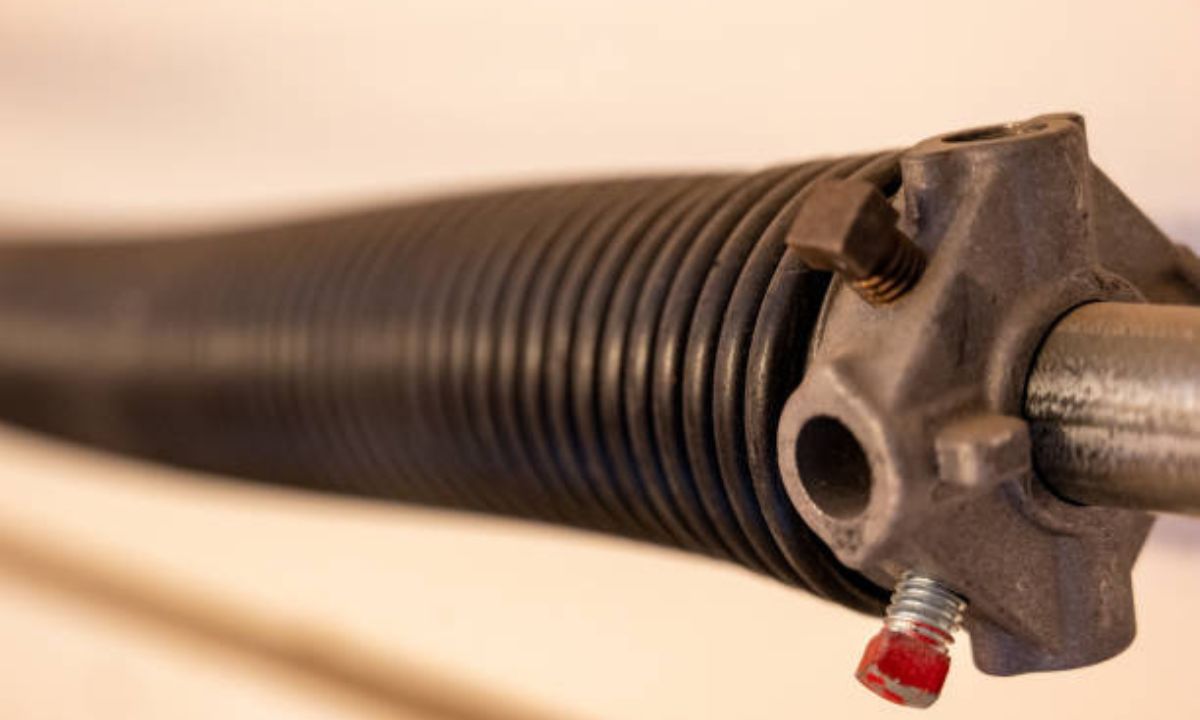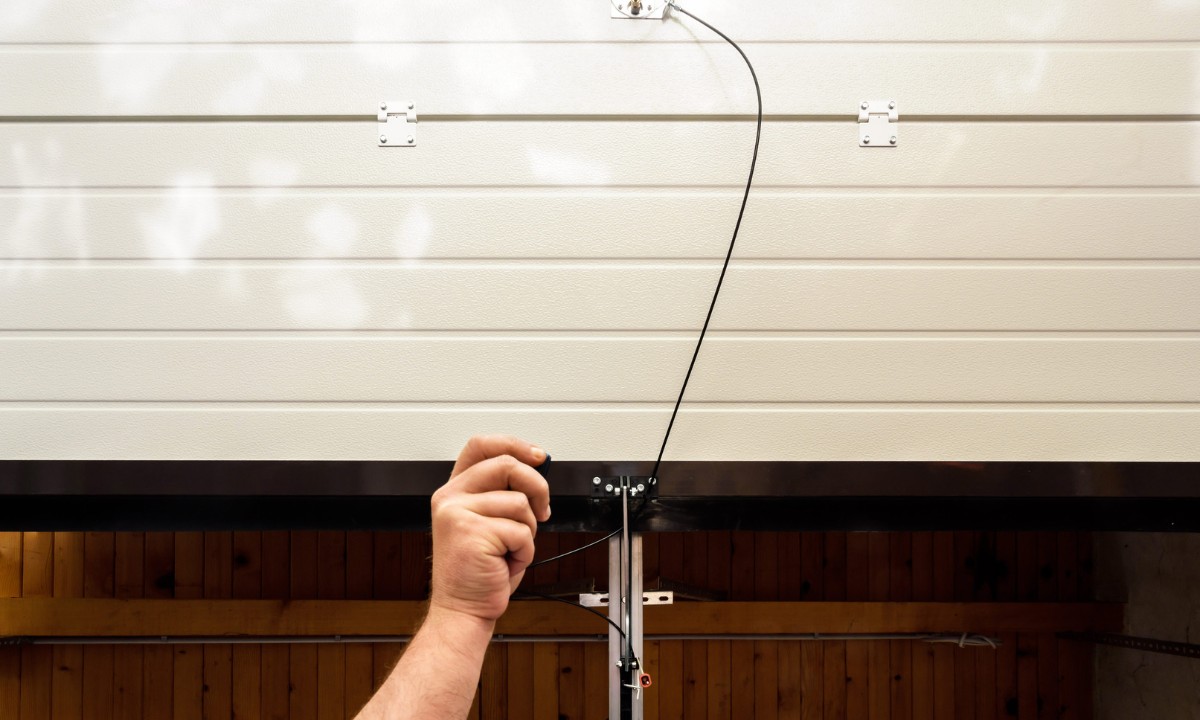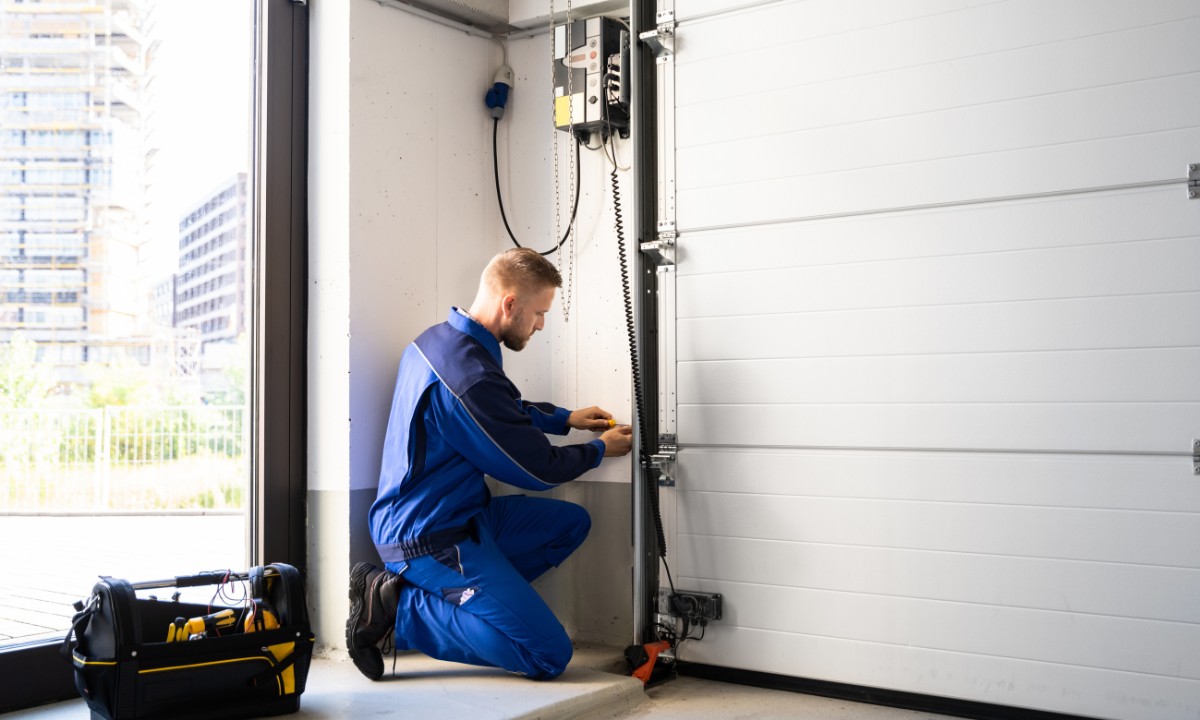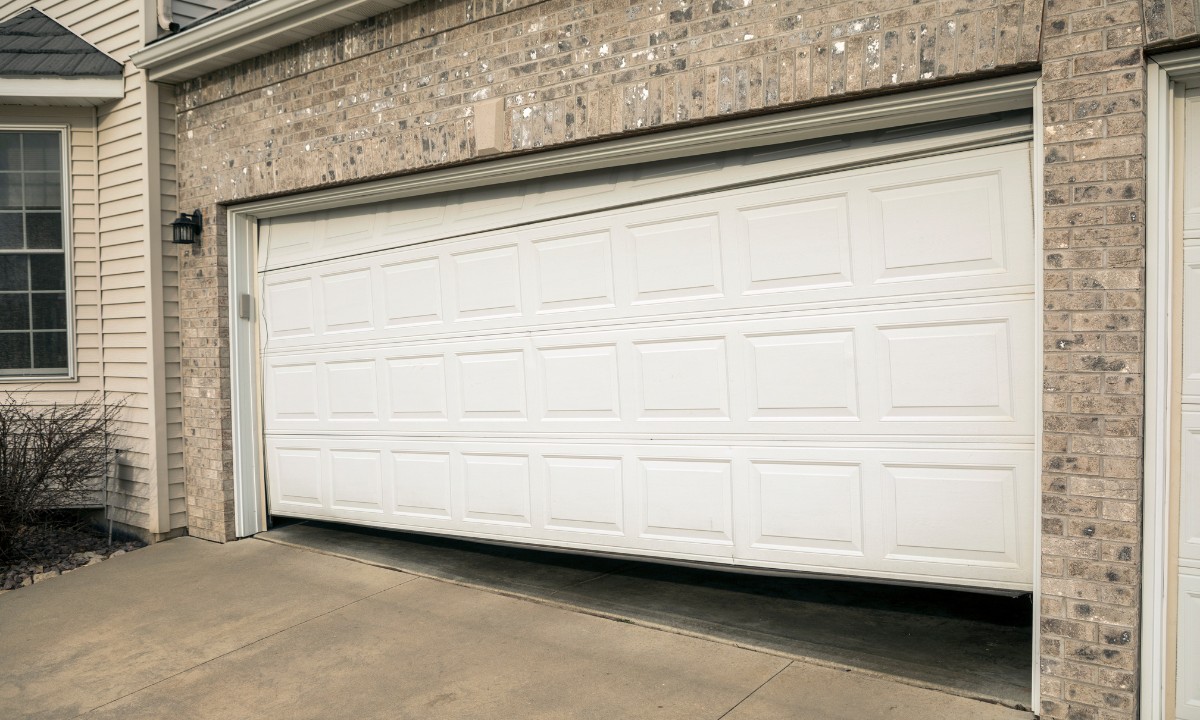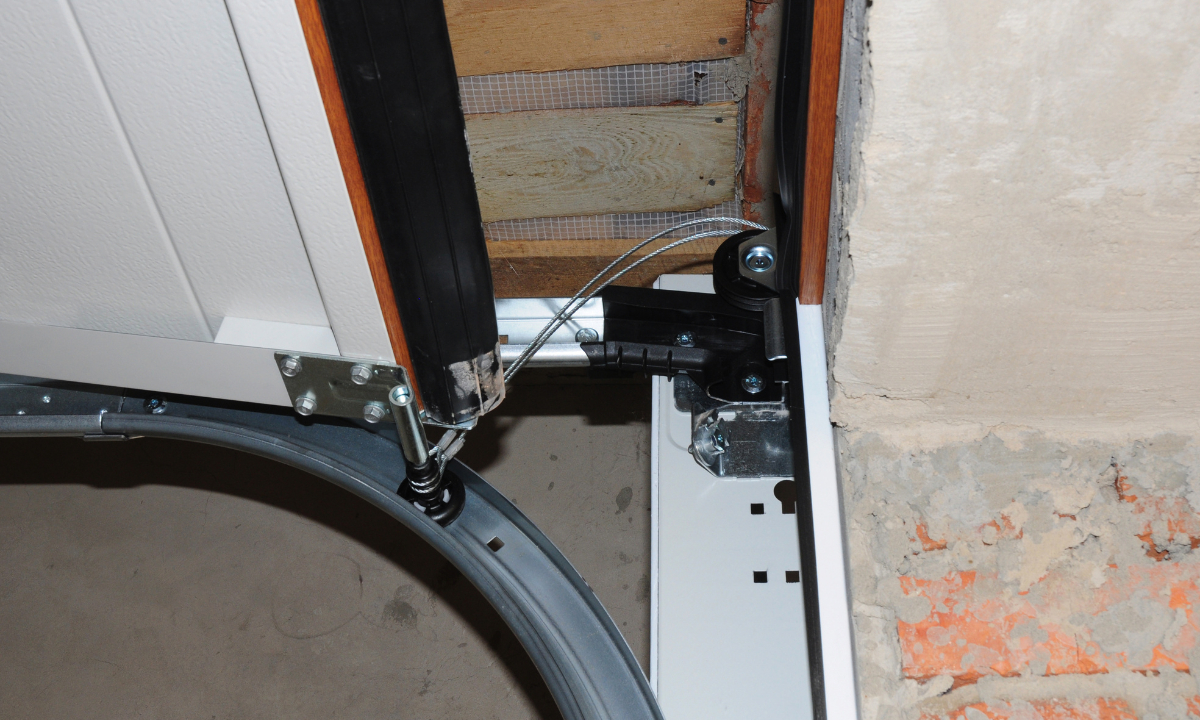How to Prevent Niwot, Colorado
Garage Door Spring Failures
Introduction
Niwot, Colorado, is renowned for its
beautiful scenery and varied seasons, which include scorching summers and
chilly, snowy winters. Garage door springs can be severely strained by the
changing weather, so homeowners must perform routine maintenance to avoid
spring failures. You can prevent unexpected malfunctions and make sure your
garage door runs smoothly all year long by knowing how to take care of your
garage door springs.
Prevention Is Vital in Niwot,
Colorado
Seasonal variations in temperature
in Niwot can lead to expansion and contraction of metal parts, such as garage
door springs, and consequent wear and tear. Homeowners can prolong the life of
their garage door springs and avert expensive emergency repairs by adopting
preventive measures. Maintaining your garage door's functionality in spite of
inclement weather requires preventative maintenance.
Contact Information
Call David Garage Door Spring Repair
at 720-637-1313 for professional garage door spring maintenance and repair in
Niwot, Colorado.
Types of Spring Repair
Two spring types are typically used
in garage doors, and both need to be maintained on a regular basis to avoid
failing:
Torsion Springs
Located horizontally above the
garage door, these springs twist to produce the force required to raise the
door. Even while torsion springs are strong and offer balanced operation,
improper maintenance can cause them to fail.
Extension Springs
As the garage door moves, the extension
springs, which are positioned on either side of the door, expand and compress.
Compared to torsion springs, these springs are more prone to deterioration and
may need more frequent upkeep or replacement.
Frequent Failures
Weather, wear and tear, or neglect
are the main causes of garage door spring failures. The following are some
typical reasons why springs break:
Wear and Tear
Garage door springs are made to
withstand a specific number of cycles, or full door openings and closings. The
continual stress and release weaken the springs over time and finally breaks
them.
Corrosion and Rust:
Garage door springs are frequently
damaged by rust, which is particularly harmful in humid or damp environments.
The metal becomes weaker due to rust, making it more brittle and prone to
breaking. Rust accumulation can be avoided with routine lubrication.
Temperature Extremes
The metal in Niwot may expand and
contract due to the varying temperatures, weakening the springs over time.
Extreme cold exposure can cause springs to become brittle, which increases
their risk of breaking.
Improper Maintenance
Premature failure of springs might
occur from neglecting to oil them, check their tension, or look for wear
indicators. It takes routine maintenance to avoid malfunctions.
Spring Replacements
Garage door springs eventually need
to be replaced, even with your greatest preventive measures. By replacing your
springs on schedule, you can keep your garage door operating correctly and
avoid unplanned breakdowns.
When Replacement Is Required After
Prevention Fails
Broken Springs
The door may become stuck or
unopenable if a spring breaks. This is an obvious indication that replacement
is required, and in order to maintain balance, both springs should be changed
at the same time.
Loss of Tension
When springs lose their tension, a
garage door becomes heavier and more difficult to manually lift. It's time to
think about changing the springs if you see that the door is difficult to open
or close.
Visible Damage
It's critical to replace your garage
door springs before they totally fail if you observe any rust, corrosion, or
stretching.

